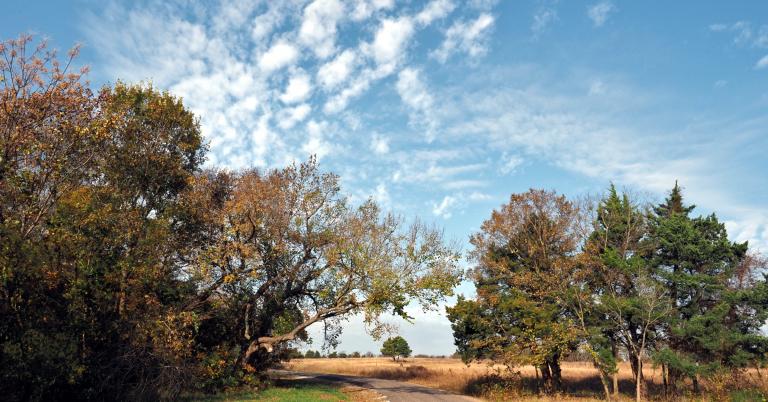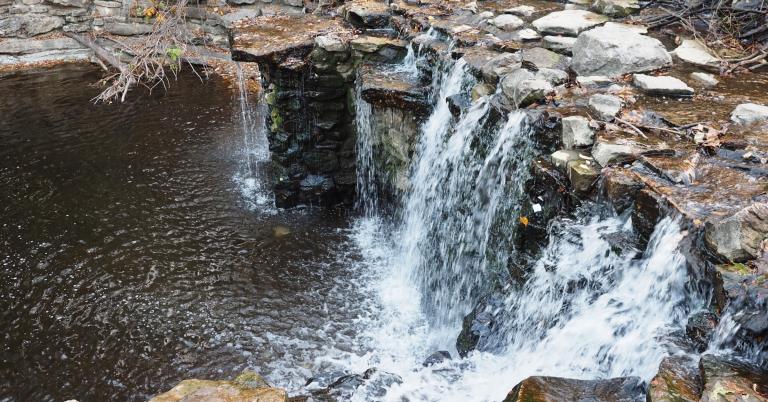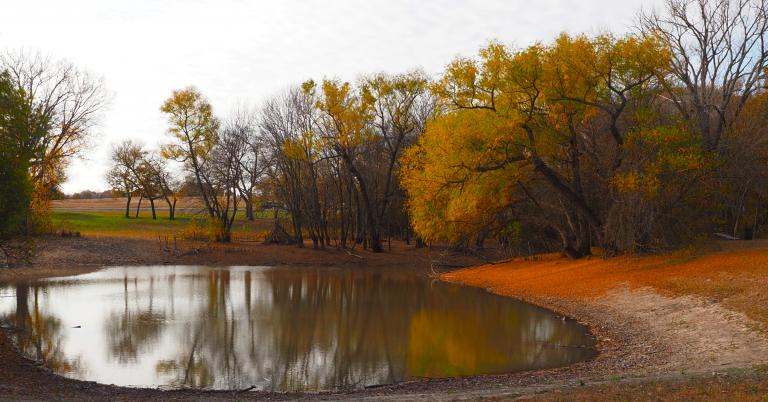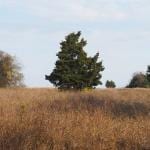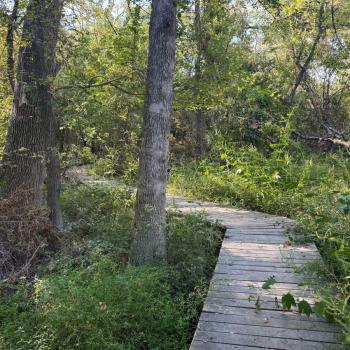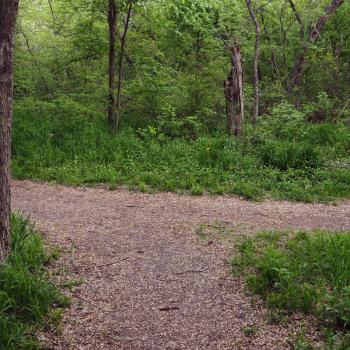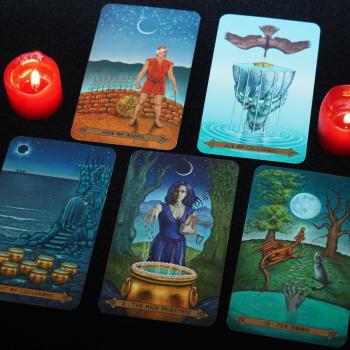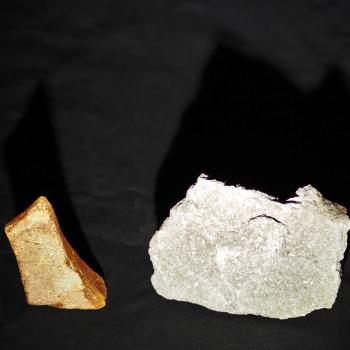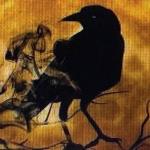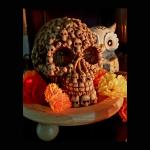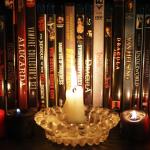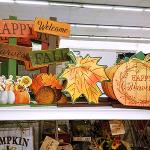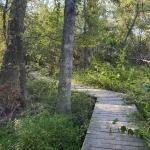If my Paganism begins with Nature, first-hand experience is not far behind. Experience is the answer to the question “how do we know?”
When I was a small child in the Baptist church, I was taught to sing a song that included the line “for the Bible tells me so.” According to the Baptists – and traditionally, most Protestants – the Bible is the ultimate source of truth. When I asked how we could know that, I was told it was because the Bible had never been proven wrong about anything.
I wasn’t very old when I figured out that wasn’t true. The Bible is factually wrong about many things (such as the age of the Earth) and morally wrong about many others (slavery and homosexuality, to point out the obvious), so it cannot be the ultimate arbiter of truth.
I respect my Christian and Jewish friends who advocate a more nuanced reading of scripture and I wish them well. There is value in their approach. But that ship has sailed for me – I’m a Pagan.
And the question remains: how do we know?
More specifically, how do we know anything about Gods and spirits and the non-material world?
The answer is that we know through our experiences of them.
Epistemology: how we know what we know
The branch of philosophy that deals with knowledge and how we know is called epistemology. Volumes have been written on the topic – the Wikipedia page on it provides a good outline of its schools and methods. I wish I had known this when I was a kid trying to figure out what I wasn’t being taught in Sunday School. But even if I had, I don’t think it would have changed my eventual thoughts – it just would have helped me get here faster.
I don’t think what I do here is sophisticated enough to qualify as epistemology. That’s OK. I’m a Druid and a priest, not a philosopher. What important is to recognize that there are different ways of approaching the question of how we know.
My way is through experience.
Experiences in the natural world
We tend to think of religious and spiritual experiences as the times when we are overwhelmed by a deity. But we mustn’t overlook our less-dramatic-but-every-bit-as-important experiences in the natural world.
A beautiful sunset, a majestic mountain, the miracle of birth – experiencing any of these can bring that classic sense of wonder and awe. As I wrote about last week, I get that when I look up at the night sky, realize just how big the universe it, and also realize that I’m a part of it all.
Our more ordinary experiences and observations are important too. We follow the moon from new to waxing to full to waning to dark to new again – every month. We follow the sun as it moves along the horizon, rising and setting a little farther south each day… until the Winter Solstice, when it will begin to move northward and the days will begin to lengthen.
We experience these things and we know they’re true. And if these rhythms and cycles of Nature are true, where else can we find rhythms and cycles? In the course of our lives? In cycles that take thousands of years to complete? In death and rebirth?
Because Paganism (or at least, my Paganism) is grounded in Nature, our experiences in and of Nature help form the foundation of our religion and spirituality.
Direct experience of Gods and spirits
This is the big one. How do I know the many Gods exist? Because I’ve experienced Their presence.
I prayed and They answered. I listened and They spoke. I lowered my resistance and They (or more specifically, some of Them, one at a time) merged a part of Their being with mine and I was overwhelmed with an experience that I cannot describe. Not because it’s forbidden but because words are entirely inadequate to describe it.
No, I can’t prove it to the satisfaction of the skeptics. I don’t have to. My religion isn’t about converting everyone to my way of thinking and practicing… though I want those who might be interested to know this path exists. The only person that has to be convinced is me. My first-hand experiences of Cernunnos, the Morrigan, and Others have done that many times over.
The experiences of others
Many people in our contemporary society want to make religion and spirituality an entirely individual thing. This is a needless mistake.
Yes, too many people use the power of religion for manipulative purposes. And yes, at the end of the day you need to follow the path that calls to you. But there’s no need to walk your path alone.
Your experiences are yours, but other people have experiences that are similar enough that you can compare and contrast them. This give you additional insight into what your own experiences mean, and how you should respond to them.
We aren’t the first generation to hear directly from the many Gods – They’ve been speaking to people for at least as long as we’ve been human. We can draw on the wisdom of our ancestors to help us figure out how we should proceed in our relationships with Gods and spirits. As I’ve said many times, there’s no need to reinvent the wheel of religion.
Our own experiences are amazing, but we can learn from the experiences of others as well.
Stories and myths
Some of those experiences – particularly from the distant past – are encoded in stories and myths.
The stories of the Egyptians, Greeks, Romans, Celts, and others are not scripture. They are certainly not intended to be read literally. But they tell us something about how our ancestors experienced their Gods and how they related to Them.
Some of these stories rise to the level of myths. They don’t tell us historical facts – they tell us something more important. They tell us how to live: what is virtuous, what is helpful, and what is not. Their truth is not vested in an almighty author, as some Christians claim for their scriptures. Their truth is vested is something far more reliable: the lived experiences of our ancestors.
Discernment and interpretation
Raw experiences are powerful and amazing. But until we interpret them, they are simply a collection of sensory (and extrasensory) inputs. In the moment, that’s enough. In the moment that’s usually all we can handle. But after it’s over we have to figure out what it means.
Discernment is the process of examining an experience, figuring out what it means, and – most importantly – how we should respond to it. Good discernment requires context, knowledge, observation, analysis, synthesis, and finally, a decision.
Your experiences are always real – never let skeptics gaslight you and tell you they weren’t real.
Your interpretations of your experiences are less certain. They can be more accurate or less accurate, more meaningful or less meaningful, more helpful or less helpful. They can be flat-out wrong. That’s all the more reason to consider the experiences and interpretations of others and not rely only on yourself. You have both the right and the responsibility to make the final interpretation of your experiences, but you’ll do a better job if you get more input.
When in doubt, do divination. Runes, Tarot or other divinatory systems can’t give you a clear and unambiguous answer (except when they do), but they can help you see what you’re missing.
Spiritual experiences cannot be commanded
One of the reasons Paganism is growing is that it is an experiential religion. We don’t sit in pews and listen to sermons. We help call in the Gods and spirits, we make offerings to them, we participate in magical workings. And we receive their blessings.
And sometimes, a God or an ancestor or another spirit will speak to us directly. It’s an amazing experience. But we cannot command our spiritual allies to appear, and we cannot force them to speak to us… nor would it go well for us if we could – they don’t like being ordered around anymore than we do.
But there are things we can do to facilitate these experiences – beginning with building strong relationships with our Gods and ancestors. We can create an atmosphere conducive to hearing the Gods – mainly that means free from distractions. Being in a natural setting helps, but my strongest experiences have come in suburban back yards (including my own). Pilgrimages are great, but they’re not necessary for this.
And if they don’t come? Then we continue honoring the Gods, living a virtuous life, and enjoying the spiritual experiences that come to all of us when we participate in Nature.
The primacy of religious experience
How do we know what is true? How do we know what is best?
Fundamentalists point to the Bible. But the Bible is a collections of writings by and for a particular group of people living in a particular place and time. Some of the scriptures contain great wisdom, but other scriptures contain great evil.
Skeptics demand evidence. At first glance that’s a good thing, but they only want certain kinds of evidence. Evidence that doesn’t conform to their ideas about how the world works is dismissed or ignored, no matter how strong it may be.
As we build our Paganism (or Paganisms, if you prefer) we have to know what we’re building on.
I know what I’ve experienced. I know what it felt like at the time, I know the conclusions it led me to, and I know how my life has been so much better because of it.
I have no need to “prove” any of this to skeptics. I only need to follow these experiences to their conclusion, and I need to be here for those who come after me.
How do we know?
We know through our experiences.


